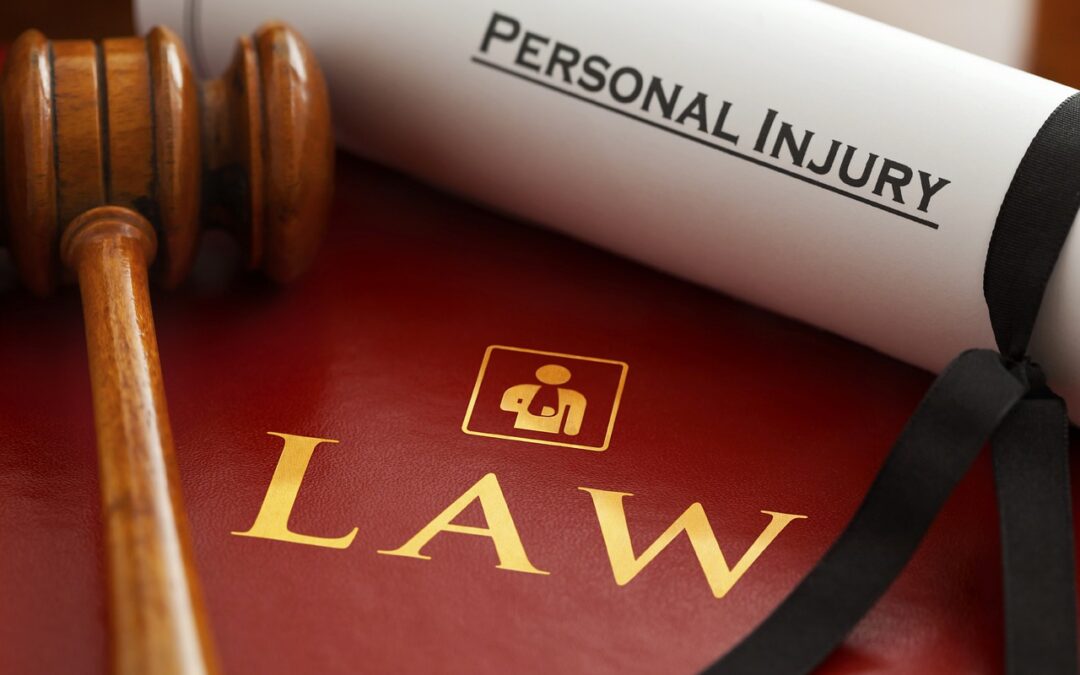Written by Lawyer Monthly
Unfortunately for doctors, an error can cost the patient their life or significantly alter it. When a medical service provision error harms a patient, the patient has a right to sue for medical malpractice.
This guide highlights some common consequences of a medical misdiagnosis and how compensation is awarded for resulting damages.
What Is Misdiagnosis?
The simplest definition of misdiagnosis is an event where a doctor or a medical professional makes the wrong call in a patient’s condition. For example, a patient can have a brain tumour that presents as a migraine.
If the doctor is not keen when examining the patient, they could recommend a treatment regimen for a migraine but not cancer which can have severe consequences.
Consequences of a Misdiagnosis
1 – Deterioration of a Condition
When a doctor makes wrong diagnoses and proceeds to treat a patient based on the wrong diagnosis, the illness in the patient can get worse.
For example, conditions like tumours or cancers deteriorate with time . This means if the doctor makes the wrong call, their attention will be on the wrong condition allowing the actual condition to deteriorate.
2 – Incorrect Medication
Different conditions require different medications. When a doctor makes a wrong diagnosis, they prescribe the wrong medication. While medication is supposed to make patients feel better, some forms of medication can have devastating side effects, such as chemotherapy, which is prescribed to cancer patients.
If a doctor subjects a patient to the pain of chemotherapy while they never had cancer in the first place, the patient could sue them for the pain and the cost of treating the wrong condition. Other types of medication can result in varying degrees of harm to a patient making the treating doctor equally liable.
3 – Surgeries and Disfigurement
If you have suffered injuries resulting from medical malpractice , you may be able to recover damages for your injuries. This includes surgeries that were not necessary, or that were performed incorrectly, resulting in disfigurement or other injuries. You may also be able to recover damages for the cost of future corrective surgeries or other medical treatment.
Speaking to an experienced medical malpractice attorney can be very helpful to help you recover from medical malpractice claims. Many attorneys are also able to provide a free consultation, to discuss your case and the potential impact of a lawsuit.
Proving Medical Malpractice
To win a medical malpractice case against the defendant, the claimant must prove that the medical professional owed them a duty of care. The medical professional must also have breached their duty of care, resulting in misdiagnosis and, ultimately, harm to the patient.
How Compensation Is Awarded
The standard of proof in a medical malpractice lawsuit is pretty high, and you do not stand a chance of getting fair compensation for damages suffered. So it is best to have a lawyer with you.
The value of compensation for a medical malpractice lawsuit depends on several factors, including the severity of the harm, evidence, cost of medical treatment, and the quality of your legal counsel. There are three recoverable damages in a medical malpractice lawsuit; economic, non-economic, and punitive damages.
Economic damages refer to all expenses resulting from the malpractice, such as medical bills, cost of therapy, cost of living aids, etc. On the other hand, non-economic damages aren’t quantifiable in monetary terms and can include disfigurement, pain and suffering, and disability.
Unlike the above two, punitive damages are rarely awarded and are only applicable in cases where the defendant intentionally caused harm to the patient.
Shared from Lawyer-Monthly.com






